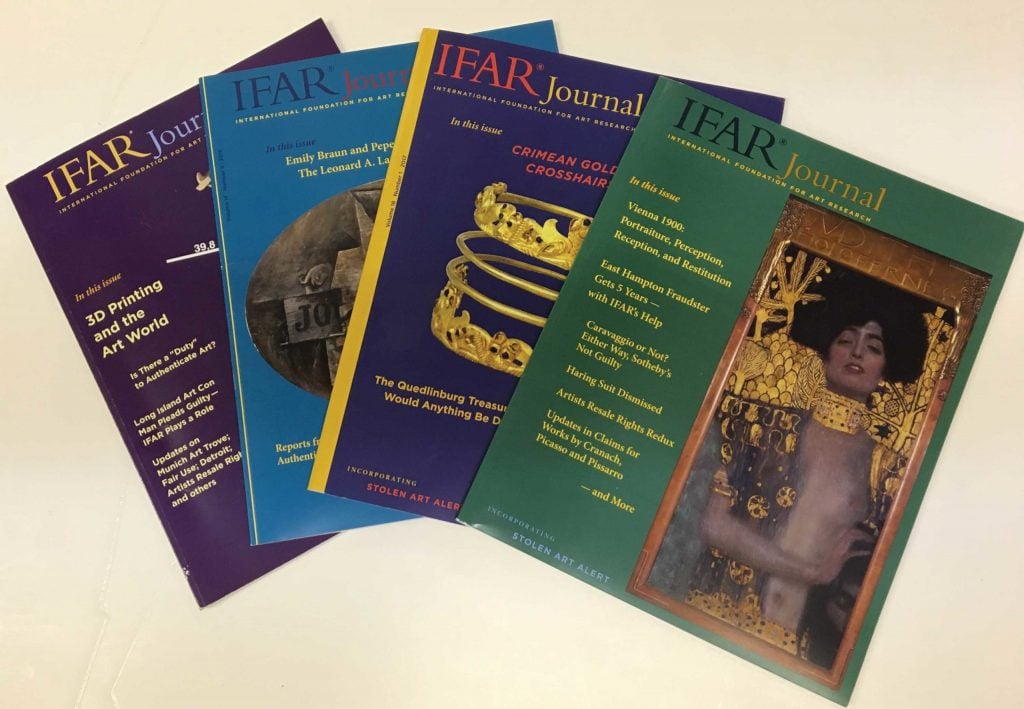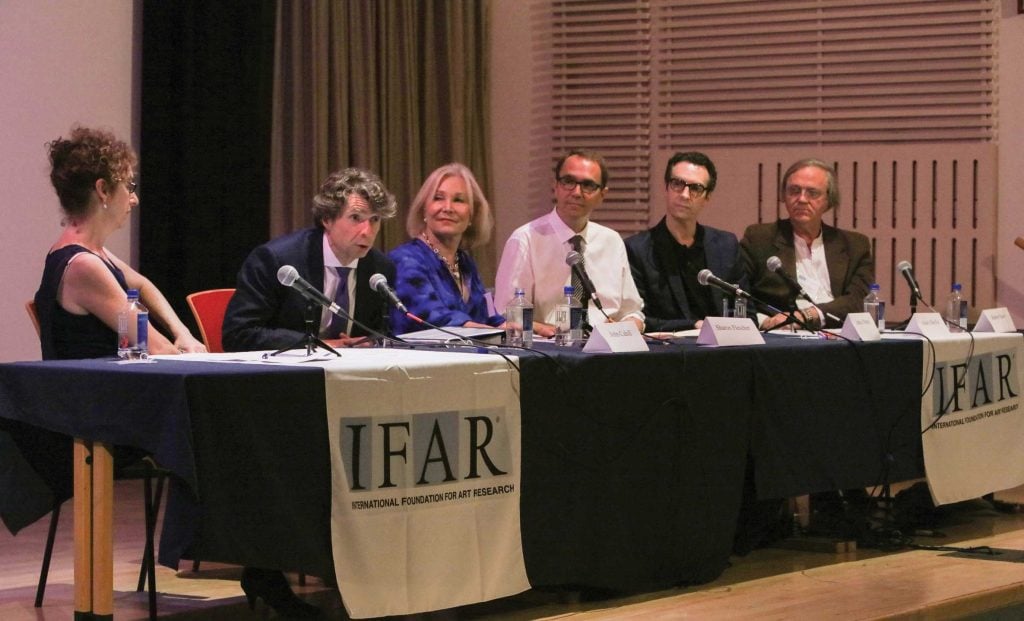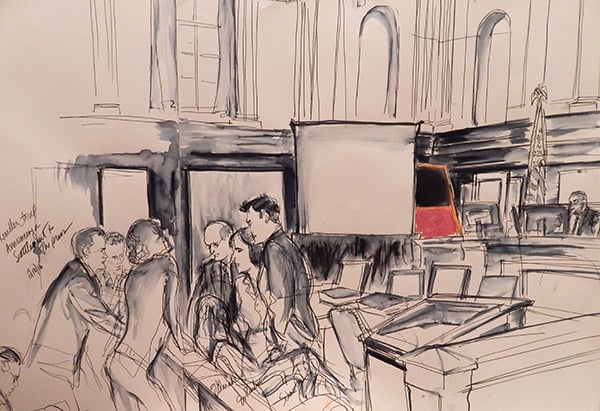Art World
Venerated Art Authenticator IFAR Shutters Operations
The nonprofit's authentication services raised the first red flag in the infamous Knoedler forgery ring.

The nonprofit's authentication services raised the first red flag in the infamous Knoedler forgery ring.

Sarah Cascone

The art world is losing a major resource for art authentication with the International Foundation for Art Research announcing plans to end its operations after 55 years.
After starting in January, IFAR’s new director Lindsey Schneider instituted a “six-month assessment of our programmatic activities and finances” and “concluded that continuing our work is no longer feasible,” the organization wrote in a statement. “The only responsible option was to start down the path of closing.”
IFAR, which prided itself on “championing the principles of authenticity and ethical ownership in the art world,” was founded in 1969. Schneider succeeded Sharon Flescher, who had served in the top post since 1998.
The nonprofit’s activities included art authentication and provenance research services, publishing the quarterly IFAR Journal, and hosting the Art Law Database and Catalogues Raisonnés Database.

An International Foundation for Art Research panel featuring Patricia Cohen, John Cahill, Sharon Flescher, James Martin, Adam Sheffer, and Robert Storr, discussing the Knoedler forgery case. Photo by Steven Tucker, courtesy of IFAR.
“IFAR has been dedicated to advocating for the rightful ownership of cultural heritage, promoting transparency in the art market, and ensuring that works of art are recognized for their true origins and histories,” board chair Jennifer Schipf said. “Our efforts have sparked important conversations, driven meaningful change, and supported numerous initiatives that honor the integrity of artistic and cultural objects.”
The organization was notably the first to raise a red flag in the infamous Knoedler forgery scandal, refusing to authenticate one of the fake Jackson Pollock paintings in 2002. Though IFAR’s report did not outright call the work a fake, it found the supposed provenance “inconceivable” and one anonymous expert noted the painting “doesn’t ring true.”
The collector got a refund, but IFAR didn’t realize that it had investigated just one of many fakes from the same source. The forgery ring finally came to light in 2011, shuttering the venerable gallery and leading to a high-profile court battle over a fake Mark Rothko in which Flescher served as a witness.
IFAR also unveiled a Pollock forgery scam in 2017, debunking four fakes that were being sold to unsuspecting, inexperienced collectors.
The business of art authentication is a tricky one that can lead to expensive lawsuits from collectors whose pricy artworks can be rendered worthless by a negative verdict. That’s why the estates of many artists have ceased to examine works for such purposes.

The lawyers confer shortly before settling the Knoedler forgery trial. Photo: Elizabeth Williams, courtesy Illustrated Courtroom.
In 2011, the Andy Warhol Foundation disbanded its authentication board. (A book about the disputed painting and the ensuing $8 million in legal fees that is believed to have forced the Warhol Foundation’s hand came out in December.) The Jean-Michel Basquiat estate and Keith Haring Foundation did the same in 2012, with the latter move sparking a $40 million lawsuit from unhappy collectors.
The end of IFAR means one less resource in the field of authentication, and the loss of a key impartial authority for the art world and its multi-million-dollar transactions.
As the organization winds down, it will immediately cease hosting IFAR evenings and publishing its journal. IFAR will work to find new homes for its databases and archives, while completing its current research projects and continuing to run its new online education programs, likely through mid 2025.